Why do cats meow and what to do about it?

Pets are not only loyal friends and silent interlocutors, but also significant chores that await all owners, without exception. Quite often, cats begin to meow and show signs of severe anxiety - there are several reasons for this behavior of the animal.
Let's dwell on each of them in more detail and tell you how to cope with the problem.
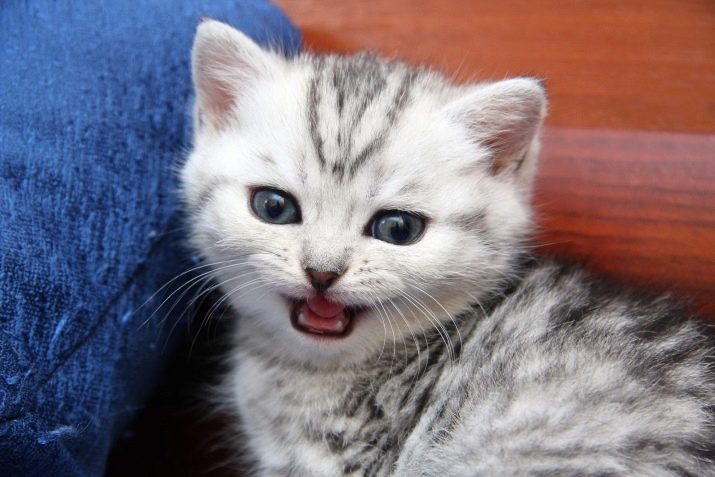
Common problems
There are quite a few nuances explaining this strange behavior of the animal. In any case, every breeder should clearly understand that cats do not meow just like that - this is a kind of cat's tongue, and by making its guttural sounds, the animal is trying to attract the attention of a person. If at the same time his appearance or behavior changes, it makes sense to take a closer look at your pet.
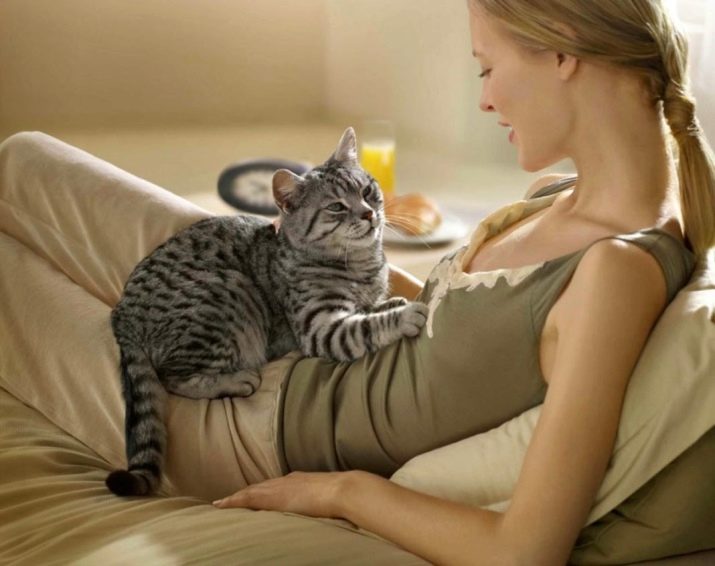
Health related
The development of viral, infectious and fungal diseases brings significant discomfort to animals, the cat first of all notifies about all the unpleasant processes taking place in the body with a loud meow.
The most common furry pathologies are:
- helminth infestation - in this case, the animal not only makes loud sounds, the disease is often accompanied by vomiting, upset stools, tremors in the body and an attempt to "scratch" the anus on a sofa or carpet;
- problems with the gastrointestinal tract - when a cat meows before or during a visit to the tray, most likely, the emptying process is difficult for him, and this directly indicates pathological processes in the body;
- tick infestation - in this case, the cat not only screams, it also rushes about the apartment and brushes its ears and muzzle until it bleeds;
- viral diseases - first of all, they manifest themselves in the hoarse nut of the animal, while the pet most often lies motionless, refusing not only to eat, but even to move.
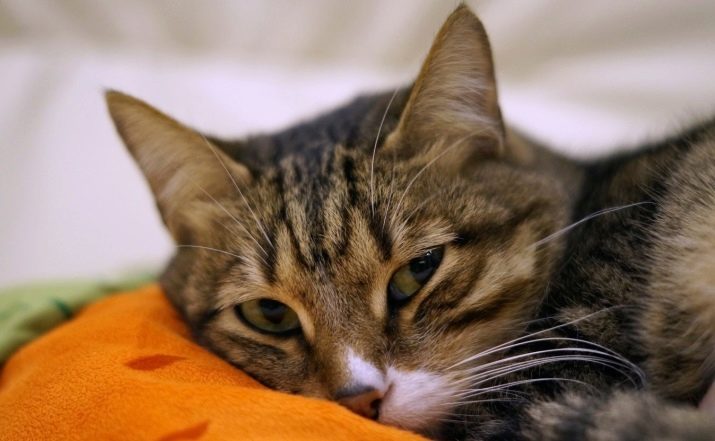
Psychological
Often the reason for the loud meowing is the usual pampering of the pet. Owners, who from early childhood taught their cat to an excess of affection and attention, after a while begin to pay for their mistakes - the cat is used to getting everything she wants at the first call, and if for some reason she does not see such a familiar reaction , it outrages her. She tries to achieve what she needs, accompanying her demands with loud screams.
In such a situation, there is only one way out - to gradually retrain your cat, showing her that indulging all the whims is no longer welcome.
Melancholy is an equally common psychological cause of meowing.
Especially often it occurs in small kittens separated from their mother - for the first time in a new place of residence, the baby is sad, often cries, quite loudly and very mournfully. At this moment, he needs the support of a person, his attention, affection and distracting games.
Anxiety - if the animal begins to fuss, move from room to room and at the same time make loud sounds, then most likely the pet has a presentiment of the approach of some unpleasant event: natural disaster or misfortune.

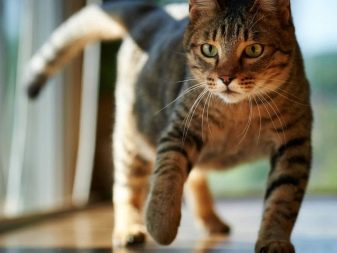
In addition, there are weather-sensitive cats that react with loud sounds to changing weather conditions.
Very often cats respond with their “meows” to insufficiently good behavior of their owner. Unfortunately, not all breeders treat their pets with care and concern - while the kitten is small, it causes delight and affection, and when it grows large and shows character, it begins to irritate and receive spanks and even kicks. In this case, a loud cry becomes a way for the cat to protect itself - it tries to "scare" its owner and drive him out of his individual space.
In this case, it is very important to change the attitude towards your four-legged friend.
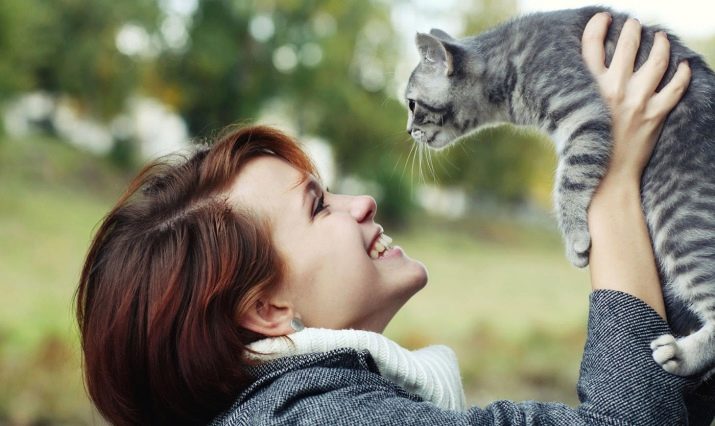
Other classifications
According to the age
Cries are often age-related. For example, small kittens, like children, love to complain about various difficulties and obstacles that they meet on the way - cute fluffy lumps show their anxiety by meowing. However, sometimes reasons are not needed: a baby can utter a battle cry only in order to attract the attention of its owners - this is completely normal. The owners of the kitten should be wary only if the baby is crying constantly - then it is worthwhile to identify the cause of the anxiety as soon as possible and eliminate it.
The most common causes of loud crying of kittens are the following.
- Change of scenery - when a kitten is in a new family or in a new home, it is always stressful for him. In this situation, the owner should surround the baby with affection, and his anxiety will quickly pass.
- Hunger - small kittens require more frequent meals than adult cats. Depending on the return, he must eat 4 to 7 times a day, so it is important that the trough is constantly filled and that there is free access to water.
- Difficult situation - Often inquisitive kittens in their attempts to explore the environment find themselves in a difficult situation, for example, they climb to a high place, from which they cannot go down. In this case, with a loud meow, they call their owners for help.

Problems occur not only in babies, but also in older cats. Unfortunately, age does not spare anyone - not only people, but also animals.
Older pets usually begin a wide variety of health problems, some organs do not work as actively as before - the pet informs its owners about this discomfort.
When a cat crosses the five-six-year mark, it is best to regularly show it to the veterinarian in order to immediately take measures to alleviate the condition of the animal in case of illness.
In addition, older cats often experience the most real melancholy, feel their loneliness and try in every possible way to get rid of this feeling. They will no longer play at this age, but they are unlikely to refuse to lie in the arms of their owner. Do not deny them this simple sign of attention - if you do not give the cat the necessary portion of love and affection during the day, it will certainly demand its own at night.
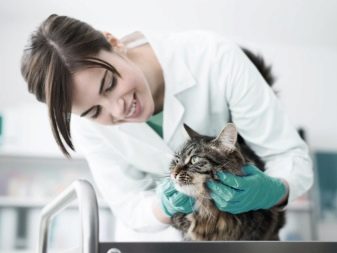
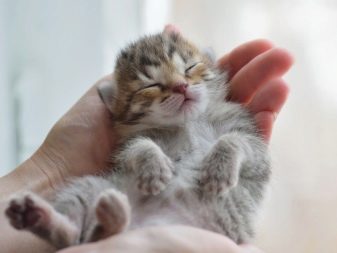
By gender
A loud cry is accompanied by the approach of estrus in an adult sexually mature cat, and in cats, sexual desire causes uterine cries. A physical desire that has not found satisfaction brings the animal not only psychological, but also strong physical discomfort - by screaming, pets try to attract the attention of the opposite sex, signaling their readiness for mating.
When taking a kitten, it should be borne in mind that if the animal is not self-walking, then such concerts will be held regularly, and the owners will either have to put up with it, or neuter / neuter their furry pet.
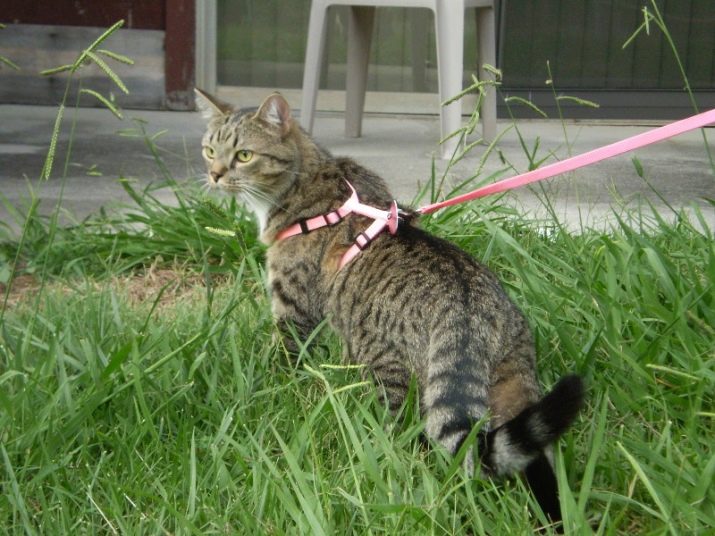
How do you find the reason?
If the cat begins to meow loudly and continuously, then first of all you should take a closer look and pay attention to the accompanying changes in her behavior.
- If the cat refuses to eat, although the bowl is full of food - most likely, the animal is hungry, but the offered food does not suit her.
- If the cat meows against the background of a long refusal of the toilet, the pet is faced with a digestive disorder.
- When a cat's crying is accompanied by a change in behavior, for example, it becomes lethargic or often itches, and if its mucous eyes become inflamed and its fur dulls, the animal is sick. The causes of the disease can only be found out by a veterinarian.
- But if your pet starts hiding behind furniture, huddling against the walls, then he experiences fear - most often this happens when a cat is in a new place of residence or when faced with abuse from people.
- If the cat snuggles up to the batteries and looks for warm places, the animal is frozen. If a furry friend literally starts to follow his owner with a "tail" - most likely, your friend is hinting that he wants to play with you or get his portion of love and affection.
- During the sexual hunt, cats begin to mark corners in the house, and cats stand in a "ready position" and lift their tails.
- Cats are clean animals, and they will never go to a dirty litter box, so if the animal meows near the toilet, change the litter as soon as possible.
- It is not uncommon for older cats to have Alzheimer's disease. In this case, the animal often crashes into walls, stops responding to the name, can stand in one place for a long time with an empty gaze, sometimes making loud sounds.
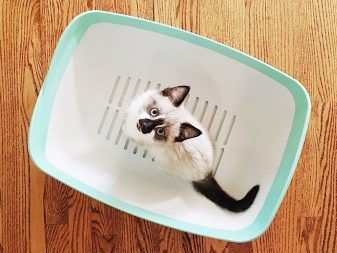
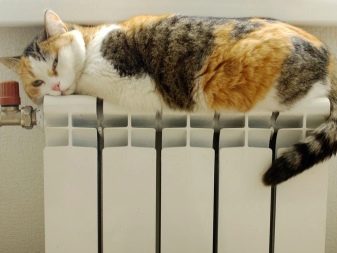
What to do?
Methods of dealing with cat meowing directly depend on the causes that cause it. Keep in mind that felines are predominantly nocturnal animals. During the day they love to sleep, and at night they start running, rustling packages, jumping and flirting with the owner; if he does not reciprocate, they begin to shout and attack invisible enemies.
To wean the cat from yelling at night, try not to let your pet sleep in the evening, bother him, offer games, and shortly before night feed and warm the bed tightly - in this case, your pet will most likely get tired and sleep all night, allowing his owners.
If the cat has all the signs of the disease, only a doctor can prescribe treatment, who will conduct all the necessary examinations and select the necessary medications.
If the reasons for the cat's cry are psychological, and the animal experiences a feeling of anxiety and fear, then he needs increased attention from the owners.
Weasel, warmth and a friendly attitude will help to cope with the changed circumstances; if you wish, you can drink a course of light sedatives.
When the cat is frozen, try to increase the air temperature in the room, and if this is not possible, equip the pet with a warm house.
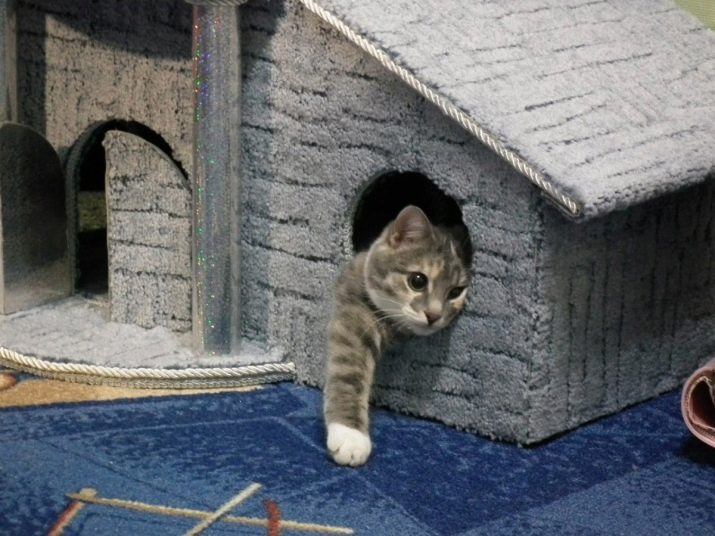
Dealing with sex hunting will be much more difficult.
If you are against such drastic measures as sterilization and castration, then ask your veterinarian to prescribe drugs that block hunting, for example, "Sex Barrier" or "Gestrenol". Keep in mind that they all contain hormones and have many contraindications, so many owners simply “get through” these hectic days.
When a cat screams, it is strictly forbidden:
- succumb to her provocations - to play or feed additionally only so that the pet is silent;
- swear or spank pussy - remember that these animals are very vindictive and "payback" will not be long in coming;
- pour water over the animal;
- blow the cat in the nose.
Calming your pet requires a strong nervous system and excellent endurance. Try to keep your emotions under control and, even in the most tense moments, do not break loose and do not yell at the cat, let alone resort to violence. Only affection, understanding and love will help you cope with the problem and achieve the desired result.
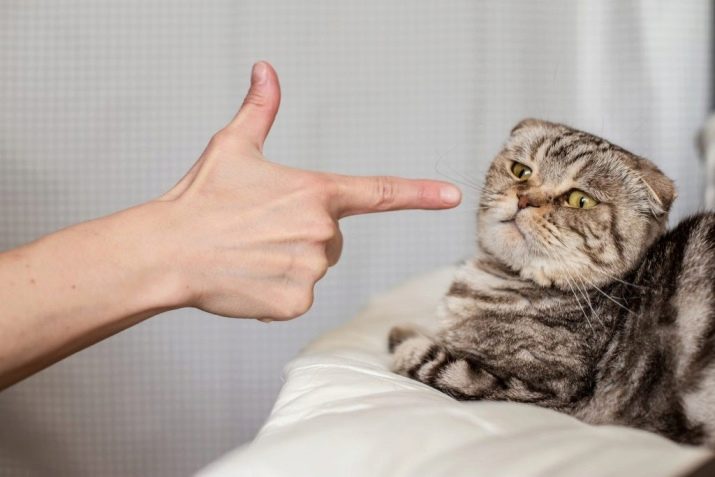
The reasons why a cat may meow are listed in the video below.
































